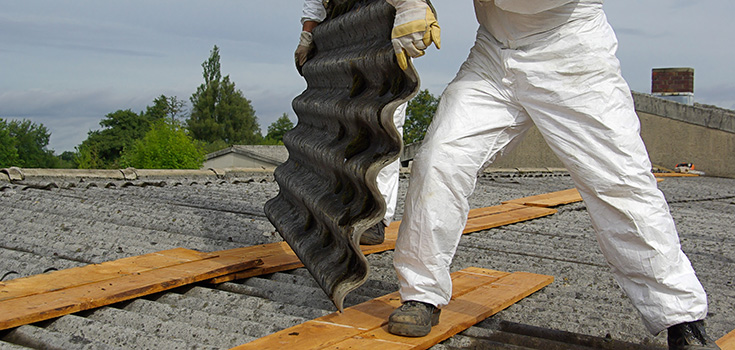Carcinogenic Driveway Sealant Chemicals Polluting Neighborhoods

Are the decisions made by owners of nearby houses and businesses affecting the health of you and your family? Common types of driveway sealants are not only threatening the environment through the emission of carcinogenic chemicals, but a new study has shown that kids are being exposed as well. Schools performing maintenance on their blacktops and playgrounds could especially be to blame for this, as children routinely play on and around such areas that could be emitting harmful substances.
New research shows that children living near blacktop treated with coal-tar sealant are taking in much higher levels of a cancer-causing polycyclic aromatic hydrocarbons (PAHs) than those living in areas where the sealant is less used.
Researchers from the Baylor University and the United States Geological Survey (USGS) set out to examine the link between the driveway sealants and PAHs, and the results highlight the large amount of toxic chemicals used in industrial processes. In fact, around 85 million gallons of the carcinogenic tar sealant is either sprayed or painted onto parking lots, driveways, and playgrounds.
It’s not only driveway sealants and industrial processes that account for exposure, however.
Previous to these findings, scientists actually believed that the largest source of PAH exposure in children was due to food contamination. It is now known that it is actually a result of unintentionally bringing the compounds into homes and public places. After entering the living space, the hydrocarbons settle into the dust and are subsequently inhaled. This is in part due to the emission from sealants. What’s more is that the amount of PAHs emitted into the air from sealants actually rival U.S. tailpipe emissions.
A new report published in the journals Chemosphere and Atmospheric Environment found that PAHs are usually ubiquitous in your daily life, contaminating your air and home:
“The most striking finding is that pavement sealcoat contaminates virtually every part of our everyday surroundings, including our air and our homes,” says USGS Director Marcia McNutt.
Thankfully, safer alternatives do exist. Asphalt sealant exists as an alternative, though questions have arisen as to whether or not sealants even make a difference in the lifespan on blacktop. Generally, if you opt to receive a sealant, avoid anything with “coal-tar” on the label or Materials Safety Data Sheet. It is through proper awareness and regulation of these toxic chemicals that change can be made.

I don't know if it's noxious or carcinogenic, but it sure does stink. And stink for a long time.
Thank you for your efforts to inform and save lives.
It is just mind blowing to learn just how low manufacturers of products in this country operate and seemingly with the blessings of some within the operating structures of a once "Free?" country.